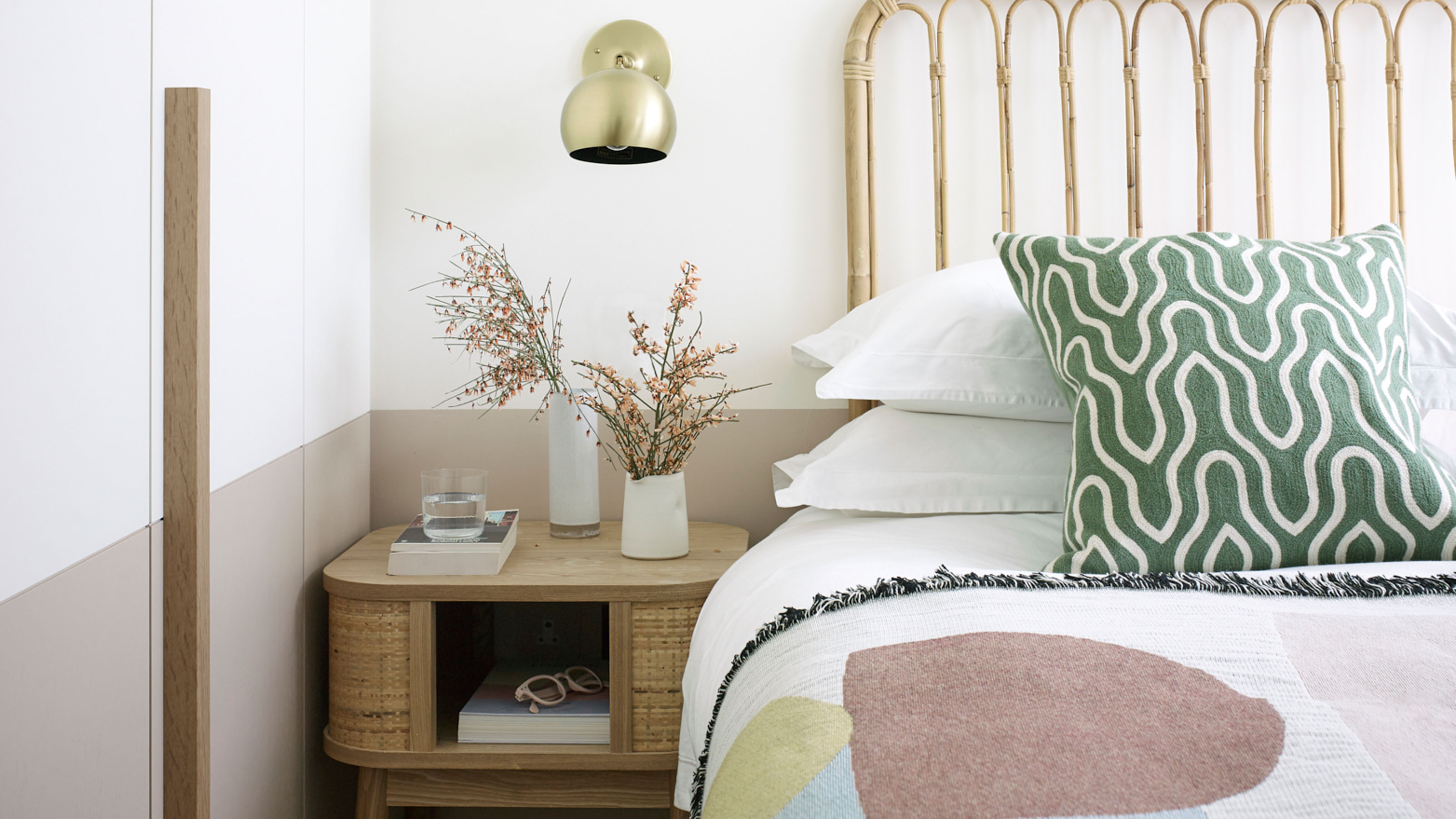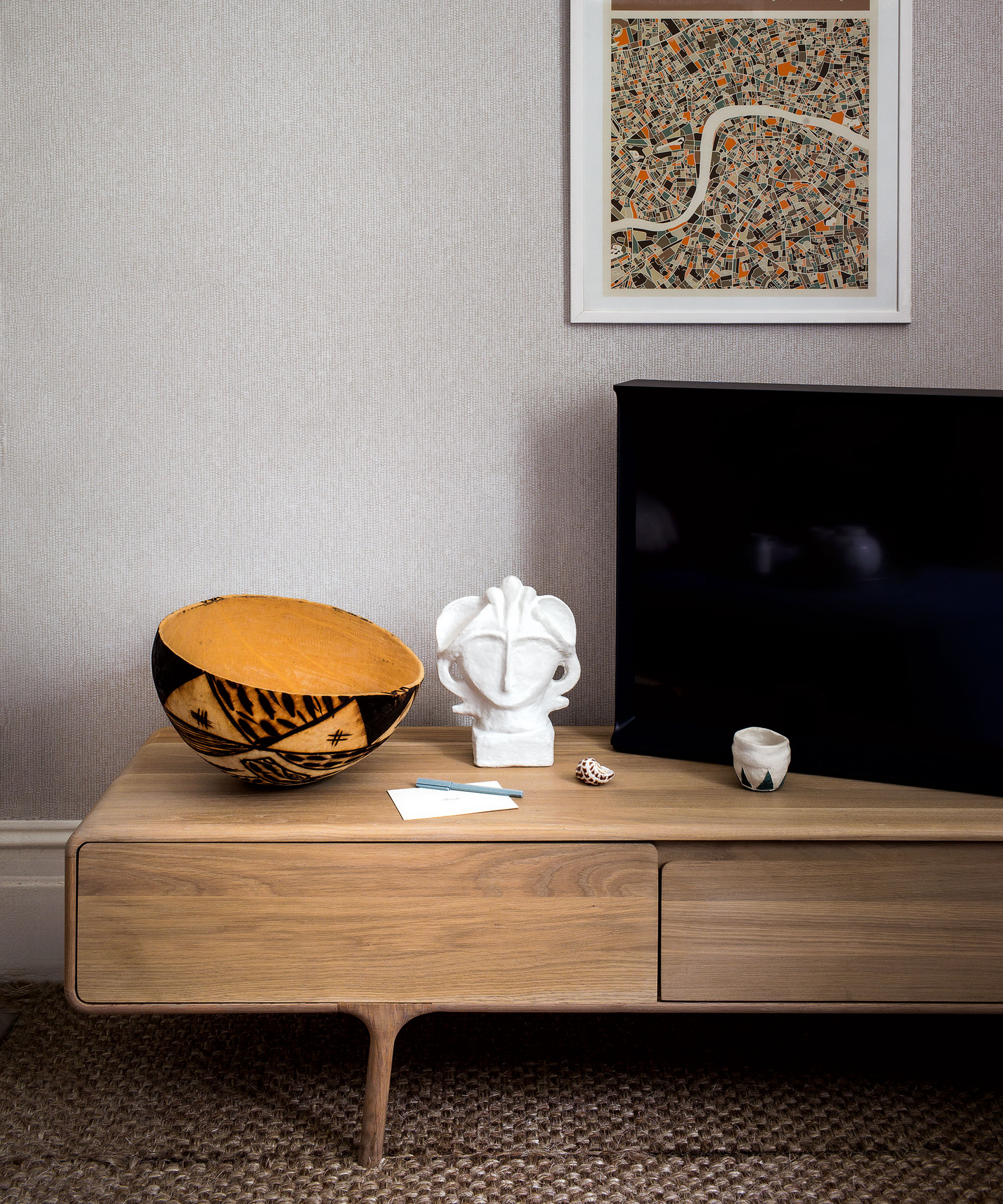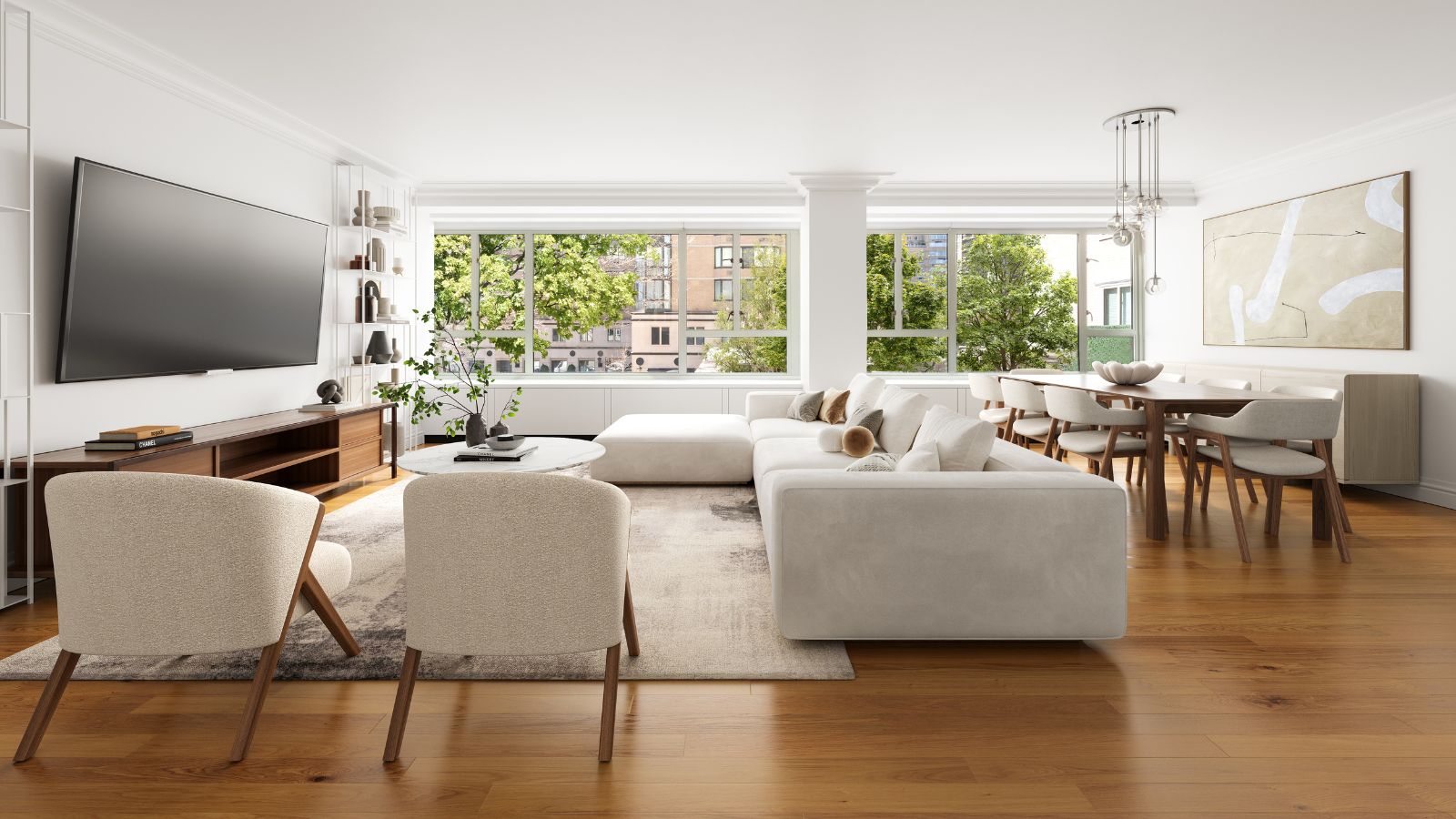Should you turn your router off at night?
Is your Wi-Fi keeping you up at night? We ask internet and sleep professionals


Getting enough sleep is fundamental to our well-being, and if you're spending hours tossing and turning at night, it could be your router that's to blame. We're exposed to electromagnetic fields from Wi-Fi which, while generally not considered harmful to our health, can compromise the quality of our slumber.
Whether you're desperate to know how to sleep fast or are wondering whether turning your Wi-Fi off could save money at home, we've asked professionals for the answers. So, should you turn your wifi router off at night as part of your bedtime routine, or is it simply not worth the hassle?
If you want to wake up feeling more energized, some sleep experts highly recommend it.

Should you turn your router off at night for better sleep?
There's lots of debate around whether Wi-Fi disrupts our sleep. If you've already tried everything, from investing in the best mattress and pillows to banishing electronics before bed, but still struggle to nod off, it's certainly worth a try. Science says so: Tom Greenspan, a sleep expert from VS Mattress says that an active WiFi connection can interfere with the natural production of melatonin, preventing you from getting restorative sleep.
Similarly, Isabella Gordan, a sleep science coach and co-founder of Sleep Society 'highly recommends' switching off your Wi-Fi at night – for two reasons. First, for better sleep, and second, to safeguard your connection and reduce hacking risk. 'Radiofrequency signals transmitted by routers can negatively affect sleep quality, potentially leading to headaches or fatigue,' she says. 'Furthermore, turning off the router helps keep other people from accessing or disrupting your connection without permission.'
While the radiation from your router isn't necessarily dangerous, Isabella explains that it is still a source of EMF radiation that could cause restlessness. 'Turning WiFi off overnight will help ensure that you get an uninterrupted night's sleep and wake up feeling refreshed,' she says.

There's a connection between turning Wi-Fi off and deeper sleep, says James Oliver, the lead researcher, sleep expert, and founder at HeyMattress. He argues that switching it off can mean you wake up feeling more energized because electromagnetic fields from the router disrupt your body's natural circadian rhythm. 'Some people experience electromagnetic hypersensitivity due to wireless radiation from routers,' he adds, 'so turning off your internet each night may reduce their symptoms.'
And it's not just sleeping experts who recommend it: Jeremy Dawes, the CEO of website design and SEO service Jez North Web is also team 'turn it off', and chooses to switch his own Wi-Fi off at night. That said, he points out that leaving it on isn't something to worry about because the levels of radiation emitted by Wi-Fi routers are far below the safe levels set by international guidelines.
Jeremy comments that while there is currently no scientific evidence to suggest that it is harmful to sleep with your Wi-Fi on, some experts recommend turning it off at night to reduce exposure to the low levels of electromagnetic radiation emitted by WiFi routers.

Should you turn your Wi-Fi off when it's not in use?
'Whether to turn off your Wi-Fi when not in use depends on a few factors, such as energy consumption, security, convenience, and interference,' says Jeremy. 'Turning off your Wi-Fi can reduce energy consumption, minimize security risks, and reduce interference with other networks.' But it may be more convenient to leave it on if you frequently use it, or have devices that connect to it automatically.
What are the potential problems of turning Wi-Fi off at night?
On the flip side, Robert Johnson, the senior director of merchandising at Coast Appliances argues that it's better to leave your Wi-Fi on overnight given that routers a small amount of energy (around 2 to 20 watts, depending on the model). He also emphasizes that turning off your router overnight may mean the device misses important automatic software updates.
This could affect its stability, speed, and overall performance, and stresses the internal parts due to temperature and power changes. Any router-connected devices, such as a home security system, may also experience update and optimization delays. So the bottom line is it won't save much energy, could affect WiFi speeds, and potentially decrease the lifespan of your broadband.

Andreas Grant, a Network Security Engineer at Networks Hardware strongly recommends leaving it on, too. 'Your Wi-Fi router doesn’t require rest like other devices. It is designed to be working 24/7 and that’s every single day of the year. Whenever you turn your router off, it can automatically send signals to your internet provider,' he explains.
'This works as a signal that your internet connection is unstable. To keep your connection stable, it can then automatically reduce the speed,' he says. 'Broadband providers constantly work on optimizing your connection to provide the best performance. You are also affecting this process by frequently turning off your router. The only good side that I see is that it can keep you from mindlessly scrolling at night. But the cons are way too big for you to take this pro seriously,' he says.
If getting better sleep is your priority, it's worth experimenting by turning your router off at night for a week, based on what the sleep experts are saying. But evidently, there are some risks to your connection. One huge benefit is the reduced risk of excessive stimulation from electronics near bedtime. At a time when we're switched on all the time, turning off the Wi-Fi as part of your bedtime routine might help us wind down, even if it's purely psychological.
Sign up to the Homes & Gardens newsletter
Design expertise in your inbox – from inspiring decorating ideas and beautiful celebrity homes to practical gardening advice and shopping round-ups.

Millie Hurst is a freelance lifestyle writer with over six years of experience in digital journalism. Having previously worked as Solved Section Editor at Homes & Gardens and Senior SEO Editor at News UK in London and New York, Millie has written for an array of homes brands including Livingetc and Real Homes and was formerly Senior Content Editor at Ideal Home. She has written and edited countless features on home organization, decluttering and interior design and always hopes to inspire readers with new ways to enjoy their homes. She loves to weave nature-inspired decor and nods to time spent in Italy into her own home.
-
 Grace Kelly's former living room set the blueprint for quiet luxury – you can explore her NYC penthouse (listed for $3.25 million)
Grace Kelly's former living room set the blueprint for quiet luxury – you can explore her NYC penthouse (listed for $3.25 million)A unit in the storied Manhattan House, where Grace Kelly, Benny Goodman, and Shirley Jackson have lived, has hit the market – it's a masterclass in neutrals
By Hannah Ziegler Published
-
 I'm 5ft2 and this telescopic scrubber safely and easily banished mold and grime in even the hardest-to-reach areas of my bathroom in less than 15 minutes
I'm 5ft2 and this telescopic scrubber safely and easily banished mold and grime in even the hardest-to-reach areas of my bathroom in less than 15 minutesMy bathroom has never looked better thanks to this handy $16 two-in-one tool from Joseph Joseph
By Ottilie Blackhall Published